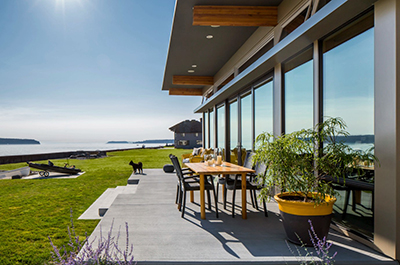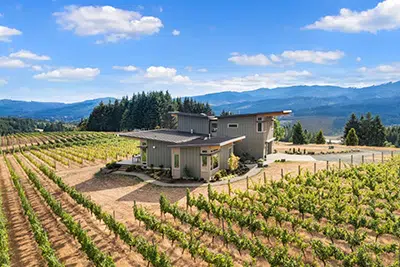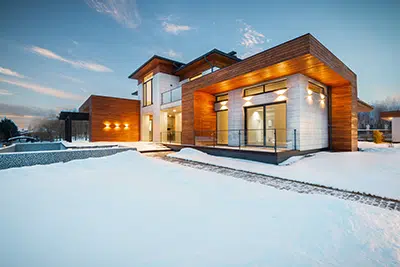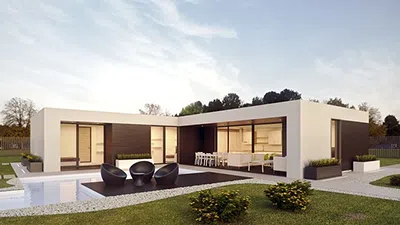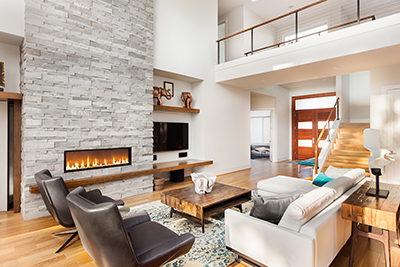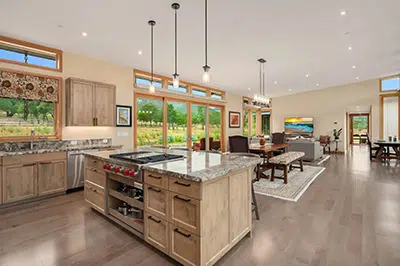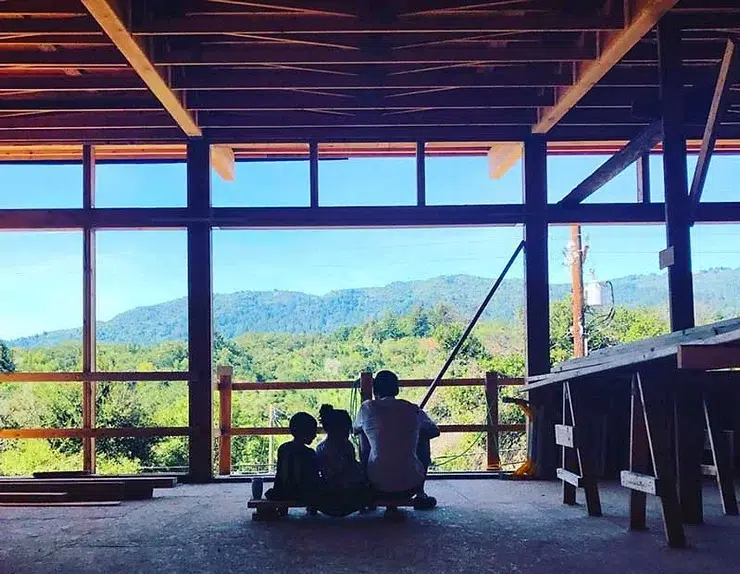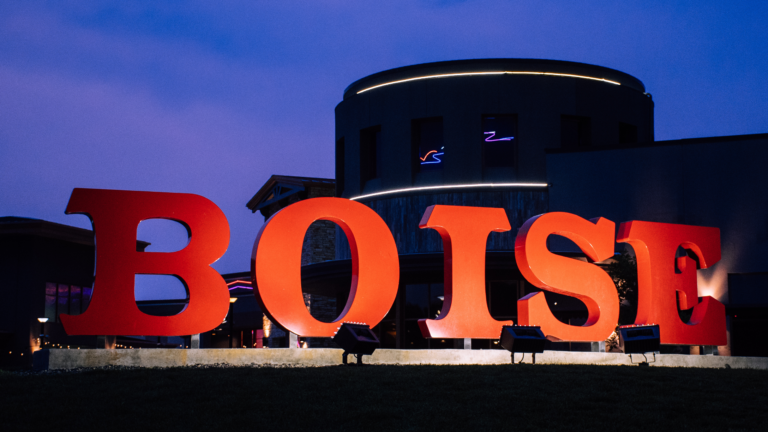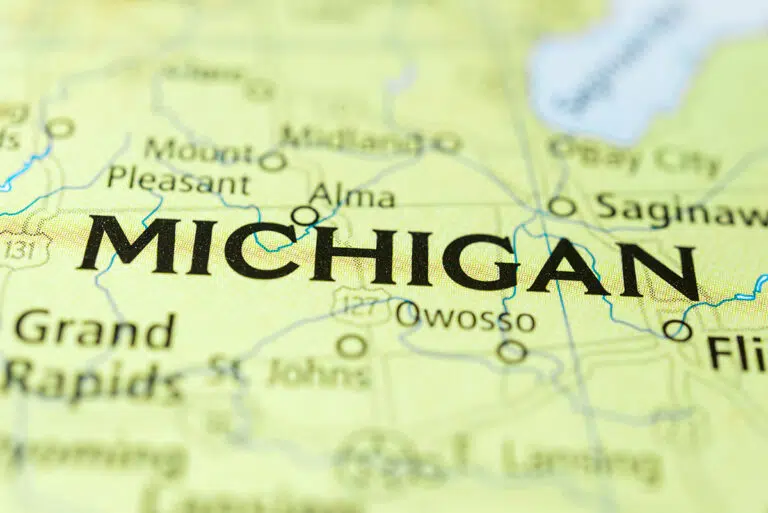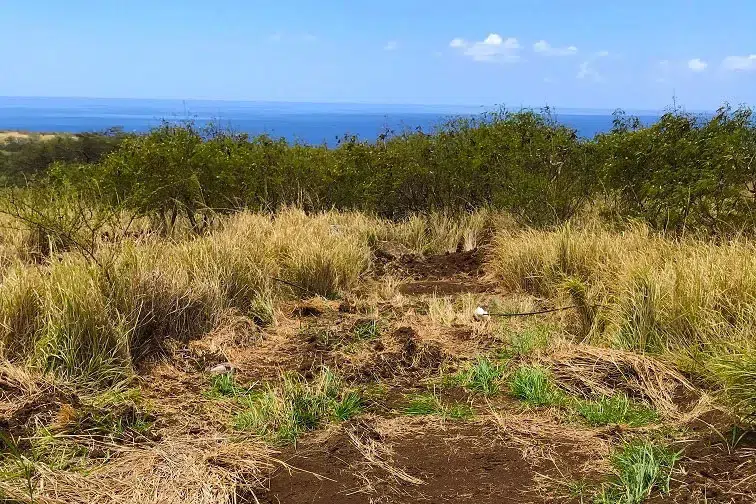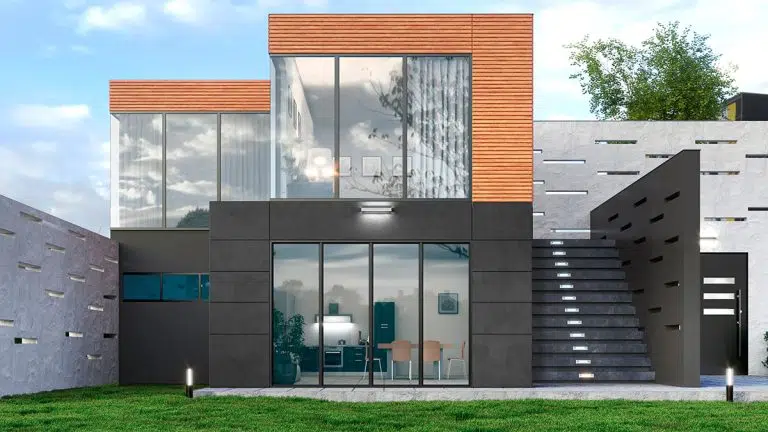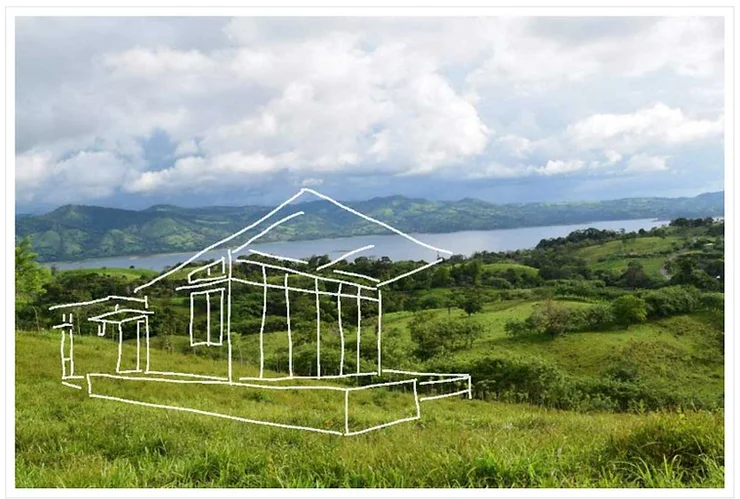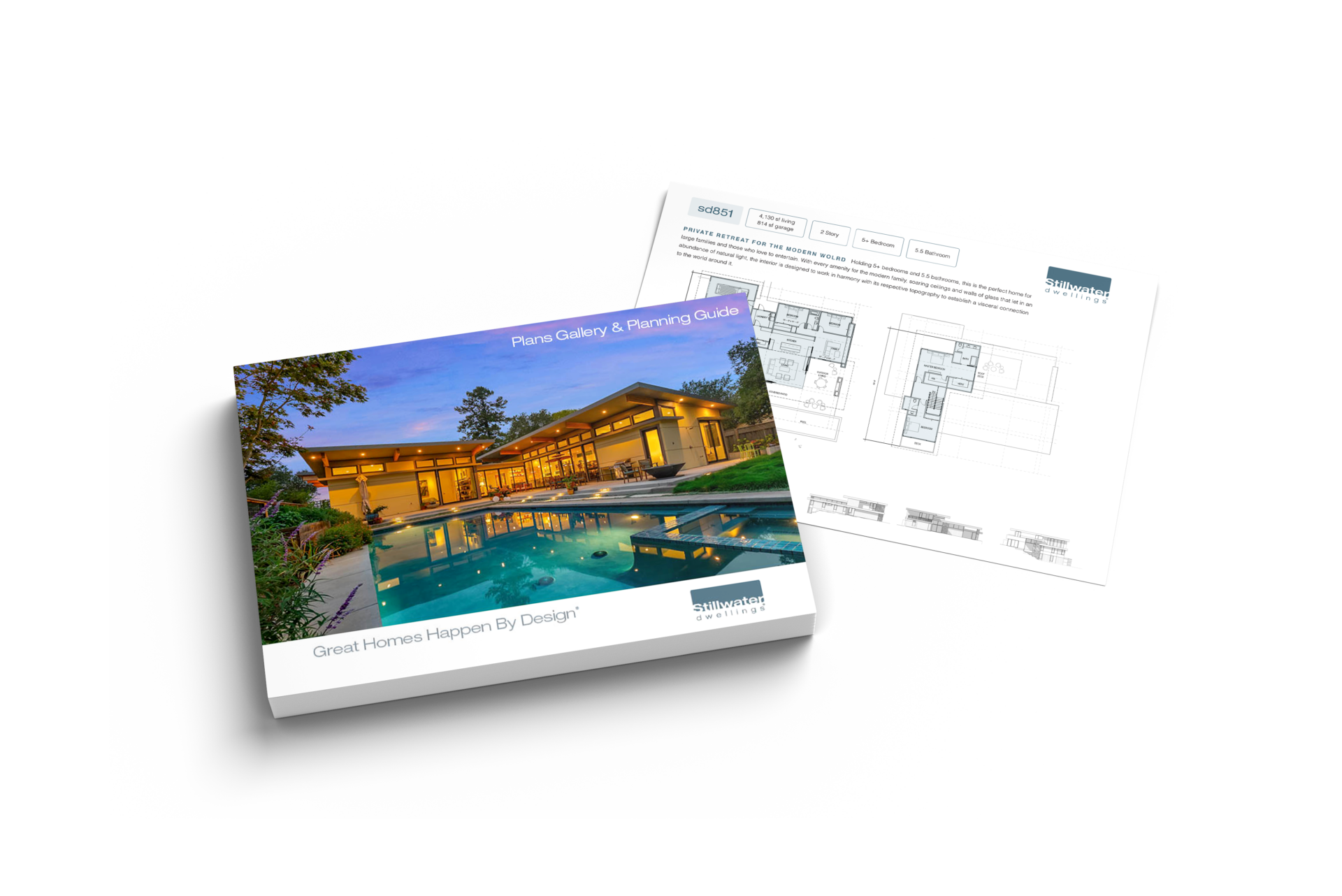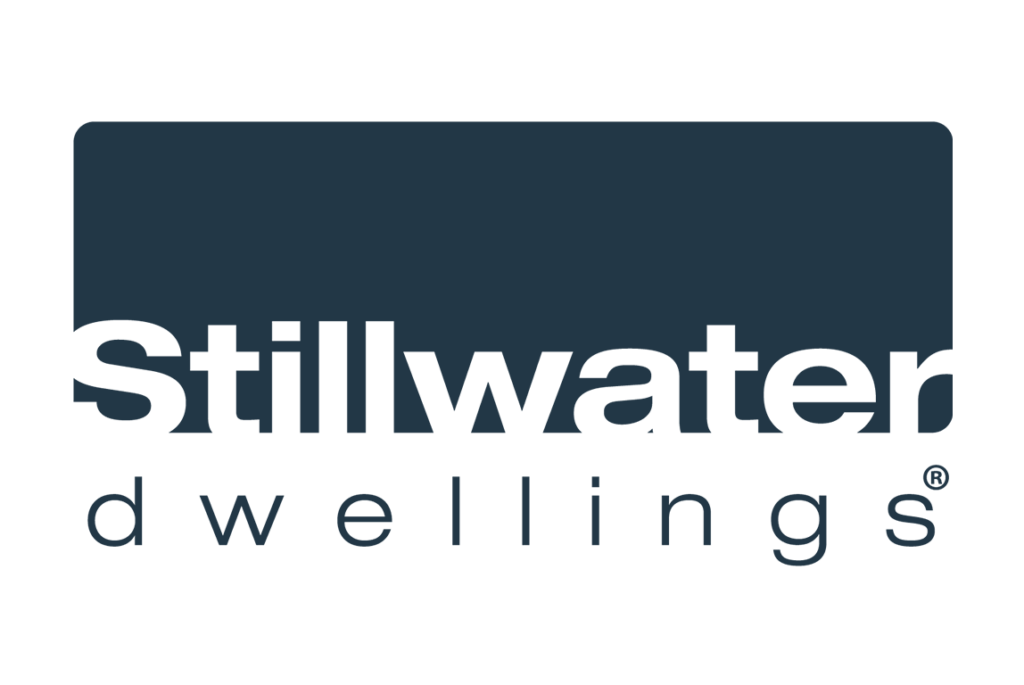Are you considering a modular home but unsure about the costs involved? “How much are modular homes?” is a common question among potential buyers. Modular homes have become a popular, cost-effective alternative to traditional homes. In this blog post, we’ll explore the various factors that affect modular home costs, compare them with stick-built homes, and provide guidance on how to navigate this exciting journey. Get ready to discover the world of modular homes and their many benefits!
Key Takeaways
- In 2023, modular homes are expected to cost between $52k – $167k with an average of $80-$160 per sq ft.
- Customizable features range from garages and decks to floor plans and color palettes. Additional costs include land preparation, permits & fees, utility connections & more.
- Modular homes offer cost savings compared to traditional stick built homes plus faster construction times & increased energy efficiency.
Modular Home Costs in 2023
Modular homes are an attractive option for many, thanks to their cost-effectiveness. In 2023, the estimated modular home cost ranges from $52,000 to $167,000 for the modular house, delivery, and installation. The estimated cost per square foot is between $80-$160. This includes the installation charges.
Factors that can affect the pricing of modular homes include:
- The location of the home site
- Accessibility
- Land preparation
- Local building codes
- Permits
- Utility connections
- Certain aesthetic features
Compared to traditional stick-built homes that generally cost between $100 and $200 per square foot, modular homes offer significant savings without compromising on quality and design.
Base Price
Understanding the base price is a crucial aspect when evaluating the cost of a modular home. The base price typically begins at $40 per square foot and can reach up to $80 per square foot. Factors that determine the base price include:
- The modular home builder
- Size of the home
- Location of the home
- Materials used in construction
Bear in mind, the base price accounts for the cost of the section, excluding any customization, delivery, or installation. Grasping the concept of base price enables you to effectively plan your budget ensuring maximum value for your money.
Customization Options
One of the significant advantages of modular homes is the wide range of customization options available. Modular home manufacturers offer various customizations to suit the preferences of the homeowner, which can affect the custom modular home cost. Some common customizations include:
- Building a two-car garage for $28,000
- Installing a deck for $7,800
- Constructing a basement for $24,000-$44,500
- Constructing a shed for $2,500
These customizations allow homeowners to personalize their modular homes to their liking.
Luxury modular homes offer even more extensive customization options, such as open concept designs, multiple color palettes, and other personalized features. Most modular builders have the capability to generate custom floor plans through their in-house design and architectural teams. While these customizations can increase the cost of modular homes, they also add value and personalization, making your modular home truly unique.
Additional Expenses
Beyond the base price and customization costs, there are other expenditures to take into account while constructing a modular home. These include:
- Land preparation: approximately $2,750
- Permits and fees: on average, between $500 and $5,000
- Utility connections: cost varies depending on location and requirements
- Sales tax: typically ranges from $5,000 to $10,000
It’s important to factor in these additional costs when budgeting for your modular home construction.
Incorporating additional elements such as a shed, porch, or garage to the home may result in an additional installation price of between $2,500 and $28,000 or more. To obtain information regarding the cost of permits and fees in your local area, it is recommended to consult with a local real estate agent or the permit department of the city for approximate figures.
Taking these additional expenses into account allows you to make a precise estimate of the total cost for your modular home project.
Types of Modular Homes and Their Prices
Modular homes come in various types to cater to different preferences and budgets. Some of the most commonly found types include:
- Tiny homes
- Townhouses
- Cottages
- Log cabins
- Duplexes
The cost of these homes varies based on size, materials, and features, but generally, the cost per square foot is comparable regardless of design style.
Upcoming sections will shed light on the costs related to these popular modular home designs to aid you in selecting the most suitable option for your needs.
Tiny Homes
Tiny homes have gained popularity in recent years for their minimalist lifestyle and affordability. The cost of a modular tiny home typically falls between $20,000 and $50,000. The average cost of a tiny home varies depending on factors such as size and features, ranging from as low as $8,000 to as high as $150,000. With their compact design and lower price point, tiny homes are an excellent option for those looking to save money and live a more sustainable and cost-effective lifestyle.
Townhouses
Townhouses are another popular choice for modular homes. These multi-story homes are typically built in urban areas and provide ample living space. A modular townhouse usually measures between 900 and 1,500 square feet and has two floors. The average cost of a townhouse typically ranges from $115,500 to $237,500, with most people paying around $175,000 for a 1,500 sq.ft. Traditional-style townhouse. Choosing a townhouse can provide a comfortable and spacious living environment while still offering the benefits of modular construction.
Cottages
Cottages are small, single-family homes often constructed in rural areas. They provide a cozy and charming living space, with modular cottages typically ranging from 1,000 to 2,000 square feet. The typical cost of a modular cottage is around $100,000, but the price can vary depending on factors such as size and location, ranging from $50,000 to $430,000. With their quaint design and affordability, cottages are an ideal option for those seeking a more rustic and intimate living space.
Log Cabins
For those who desire a more rustic and natural living environment, log cabins are an excellent choice. The cost of modular log cabins ranges from $25,000 to $250,000. Site preparation, foundation work, utility construction, finishings, and assembly costs for modular log homes range between $15 and $80 per square foot. The typical cost of a 1,500-square-foot log home kit without installation is between $100,000 and $150,000. With their distinctive design and the warmth of natural materials, log cabins offer a unique and inviting living space.
Duplexes
Duplexes are another popular type of modular home, providing two separate living units within a single structure. The cost of duplexes ranges from $90k to $225k, depending on size and location. A typical prefab duplex floor plan consists of two levels, each containing two bedrooms and 1.5 bathrooms, resulting in a total of four bedrooms and four bathrooms for the entire building. The estimated price range for a typical 2,000 square foot duplex is between $200,000 and $350,000. Duplexes are an excellent option for those looking to invest in a modular home while also generating rental income.
Factors Affecting Modular Home Prices
While navigating the world of modular homes, it’s important to comprehend the elements that can influence their prices. These factors include the location of the home site, the materials used in construction, and the customizations chosen by the homeowner.
In the subsequent sections, we will examine these factors more closely to assist you in making an informed decision when choosing your modular home.
Location
Location can have a significant impact on the cost of your modular home. The cost of land, local labor costs, and other factors can all influence the overall cost of your home. Additionally, local ordinances may affect the cost of permits and fees. The average cost of modular homes in different locations typically ranges from $50 to $250 per square foot, but the final price may vary depending on the size of the home and the location of the land. Understanding the impact of location on your modular home’s cost can help you make more informed decisions when selecting your building site and budgeting for your project.
Materials
The materials used in the construction of your modular home can also impact its overall cost and durability. Wood, steel, and concrete are the materials typically employed in the fabrication of modular homes. The choice of materials can have a substantial effect on the cost and durability of the home. For instance, steel is more expensive than wood, yet it is also more durable. By considering the materials used in the construction of your modular home, you can ensure that your home will be built to last while still fitting within your budget.
Customizations
Customizations can greatly affect the cost of your modular home, but they also add value and personalization. Some of the customization options available for modular homes include:
- Floor plans
- Colors
- Finishes
- Design features
These options allow you to create a home that suits your style and needs. The cost of customizing modular homes can be increased by the inclusion of additional materials, labor, and design features, which may vary depending on the complexity of the design and the materials utilized. However, customizations can also enhance the resale value of the home, as buyers are usually willing to pay a premium for a home that has been customized to their liking.
Financing Options for Modular Homes
Financing your modular home is an essential aspect of the home-buying process. There are several financing options available for modular homes, including traditional mortgages and land loans.
In subsequent sections, we will delve into these financing options, providing greater detail to help you make an optimal decision for your modular home project.
Traditional Mortgages
Traditional mortgages can be used to finance modular homes, but not all lenders offer them. These loans are secured by real estate, such as a modular home, and are generally offered by banks and other financial institutions. Traditional mortgages for modular homes present several advantages, including:
- Eligibility
- Lower interest rates
- Quicker turnaround
- A greater variety of options
The eligibility requirements for traditional mortgages typically include a good credit score, a steady income, and a down payment of at least 20%. By exploring traditional mortgage options, you can ensure that you secure the best financing for your modular home.
Land Loans
Land loans may be required for purchasing land separately from the modular home. These loans are advantageous for modular homes, as they enable borrowers to use a single loan to purchase both the home and the land it will be situated on, streamlining the financing process and potentially providing longer loan terms.
Furthermore, land loans for modular homes and manufactured homes may have lower down payment requirements and interest rates similar to those of traditionally constructed homes. By understanding the different financing options available for your modular home project, you can make an informed decision and secure the best financing option for your needs.
Comparing Modular Homes to Stick-Built Homes
When contemplating a modular home, drawing comparisons with traditional stick-built homes can be beneficial for understanding the advantages and potential cost savings. Some advantages of modular homes include:
- More cost-effective
- Faster construction times
- Energy efficiency
- Customization options
In the upcoming sections, we’ll delve deeper into the cost comparison and benefits of modular homes.
Cost Comparison
Modular homes typically cost 10-20% less than traditional homes, with an average cost of $80-$160 per sq ft. In comparison, traditional homes generally cost between $100 and $200 per square foot. Homeowners can anticipate a cost savings of approximately 10 percent to 20 percent when opting for a modular home. By understanding the cost comparison between modular homes and stick-built homes, you can make a more informed decision about which option is right for your needs and budget.
Benefits of Modular Homes
In addition to cost savings, modular homes offer several benefits over traditional homes. Modular homes can be constructed in significantly less time than a traditional home, with an estimated construction time of 2 to 6 months, which is 30% to 60% faster than a stick-built home. Modular homes are also more energy efficient thanks to their tighter construction and superior insulation. Furthermore, modular homes offer a wide range of customization options, allowing buyers to design a home that meets their specific needs and preferences. By choosing a modular home, you can enjoy the benefits of a faster, more energy-efficient, and customizable living space.
Preparing for Your Modular Home Project
As you embark on your journey towards building a modular home, adequate preparation for your project is crucial. This includes choosing a reputable builder, obtaining necessary permits, and managing the construction process.
Upcoming sections will offer guidance on navigating these key steps and ensuring the success of your modular home project.
Why Choose Stillwater Dwellings?
Stillwater Dwellings is a company that specializes in creating high-end modular homes for those seeking a luxury living experience. They offer a comprehensive process assisted by experienced professionals to ensure you find the ideal prefab modular home that meets your needs and expectations.
Stillwater Dwellings provides comprehensive assistance with all aspects of custom prefab home design and construction, including:
- Procuring the necessary permits
- Selecting the appropriate materials
- Establishing utilities
- And more
By choosing Stillwater Dwellings for your luxury modular home, you can ensure a smooth and successful project from start to finish.
Obtaining Permits
Obtaining permits for your modular home is a crucial step in the construction process. Permits that may be necessary include building permits, zoning permits, and occupancy permits. The associated costs for permits and fees for modular homes typically range from $500 to $5,000.
To obtain information regarding the cost of permits and fees in your local area, it is recommended to consult with a local real estate agent or the permit department of the city for approximate figures. By understanding the permitting process and budgeting for these costs, you can ensure a smooth and successful modular home project.
Managing Construction
Managing the construction process of your modular home is a critical aspect of your project. Construction management involves overseeing the project, identifying potential issues, and procuring and overseeing subcontractors. This includes tasks such as:
- Design approval
- Engineering
- Obtaining permits and approvals
- Preparing the building site
- Constructing the modular home in the factory
- Transporting the home to the site
- Installing the modules
- Completing site work
- Conducting inspections
By being involved in the entire construction process, you can ensure your modular home project stays on track and on budget.
Furthermore, asking pertinent questions during the management of your modular home construction is vital. Asking the right questions can assist homeowners in comprehending the procedure, recognizing potential issues, and guaranteeing that the project is accomplished promptly and within budget. Maintaining a proactive stance and being well-informed throughout the construction process guarantees the success of your modular home project, aligning it with your expectations.
Summary
In conclusion, modular homes offer a cost-effective and versatile alternative to traditional homes. With prices ranging from $80 to $160 per sq ft, including customization and additional expenses, modular homes provide an affordable option for a wide range of buyers. By understanding the factors that affect modular home costs, exploring the various types of modular homes available, and preparing for your modular home project, you can make an informed decision and create the perfect living space tailored to your needs and preferences. Embrace the world of modular homes and embark on an exciting journey towards your dream home!
Frequently Asked Questions
How much does a modular home cost in Washington state?
On average, a modular home in Washington State costs between $60 and $90 per square foot.
How much does a modular home cost in Ohio?
The average cost of a modular home in Ohio is between $55 and $75 per square foot, making them considerably more affordable than traditional homes with an average sales price of $170,000.
How much does a modular home cost in Virginia?
The average modular home price in Virginia is $117,000, making it a cost-effective option for prospective buyers.
What is the average cost of a modular home?
The average cost of a modular home is between $80 and $160 per square foot, taking customization and additional expenses into account.
How long does it take to build a modular home?
Building a modular home can take as little as 2 months, making it an ideal choice for those looking for a quick and affordable housing solution.
